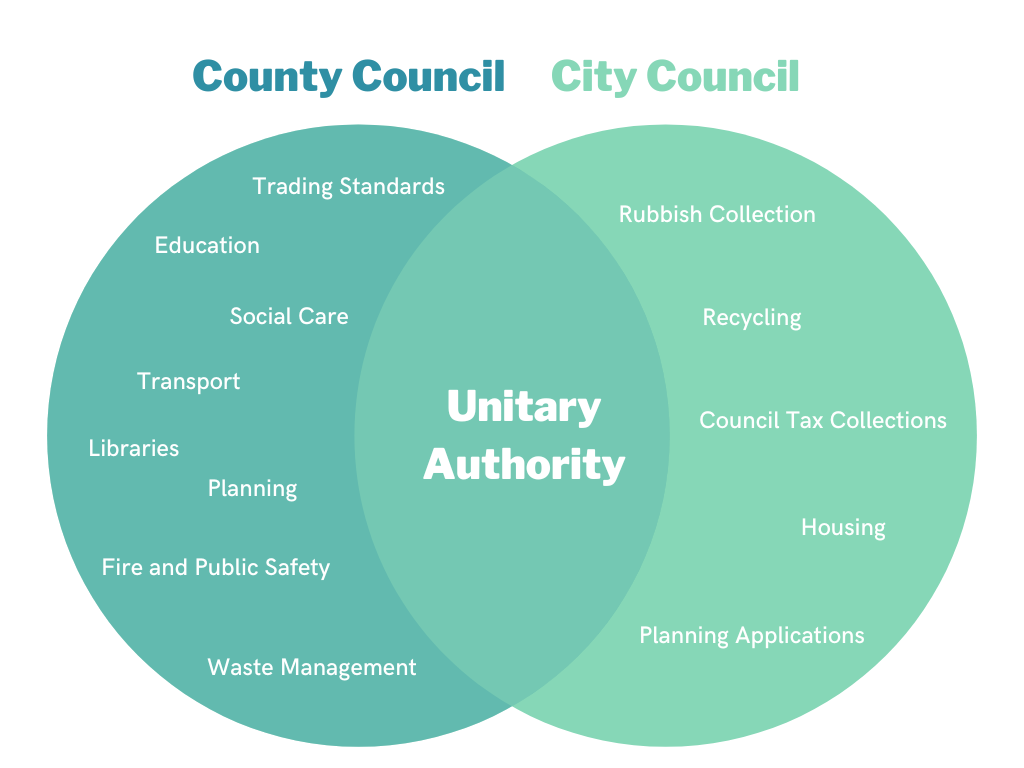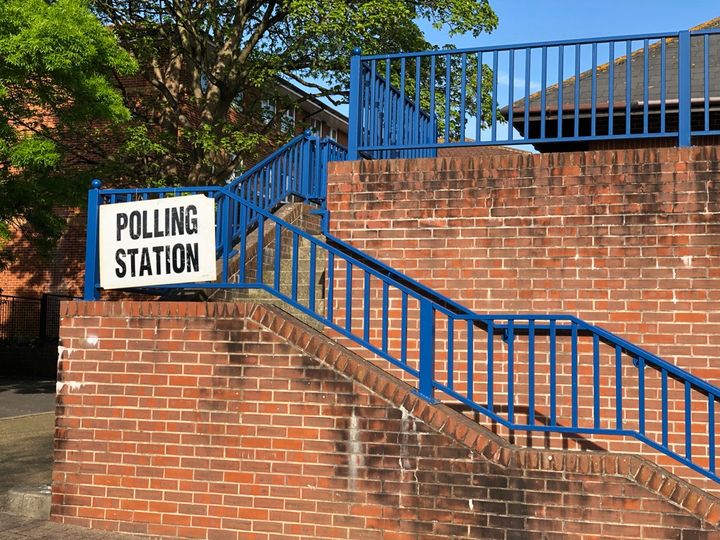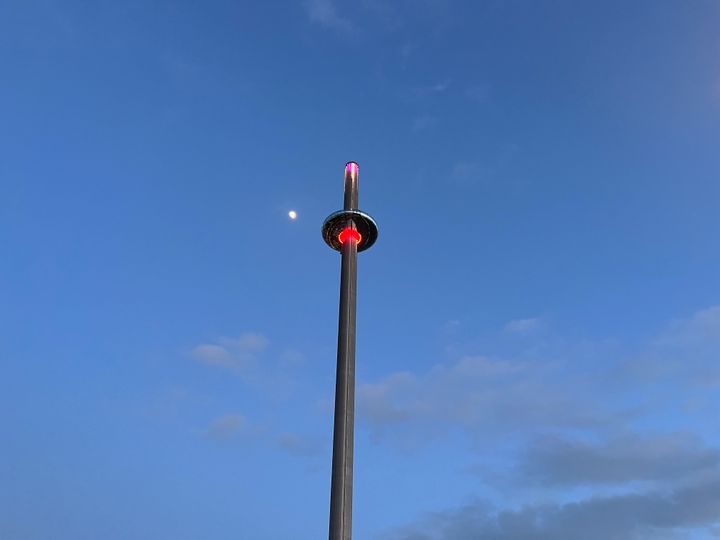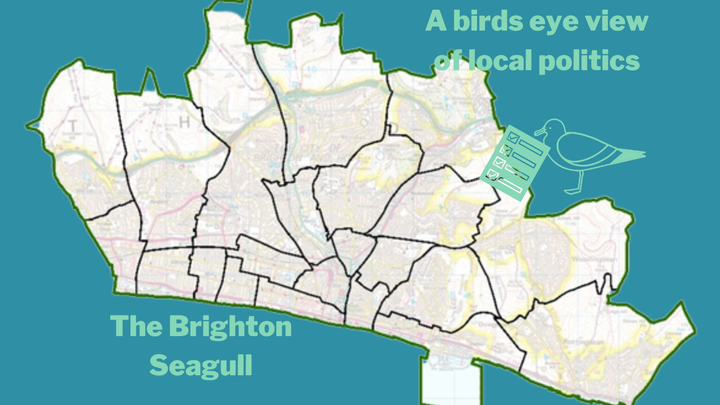Seagull Explains: Brighton & Hove City Council
Everything you could want to know about how Brighton & Hove City Council works.

What powers does the council have? Usually, counties have two tiers of local government - the county council, which oversees county-wide issues, and the district, borough, or city council, which works on a smaller scale. However, Brighton & Hove City Council is one of 62 unitary authorities in England, meaning that it acts as both county and city council.

What does a councillor do? Being a councillor is not a full-time job. Councillors work between 5 and 30 hours a week, depending on how many committees they are members or chairs of, and whether they hold any bigger positions such as Leader of the Council or Mayor.
They attend monthly council committee meetings, board meetings, and the annual budget meeting, as well as holding monthly drop-in surgeries for their constituents. On top of that, they'll attend meetings for any additional committees they are members or chairs of. In these meetings, they will discuss, develop, and review council policy, as well as voting on other decisions within their remit.
So how much are councillors paid? Again, it depends. Their basic annual allowance is £13,359.60, but they receive Special Responsibility Allowances on top of that for every additional position they hold. They can also receive reimbursements for travel, food, childcare, or care of other dependents, while things like bus passes and parking permits are deducted from their pay.
It might be easier to visualise if we break down the pay of the highest paid councillor of the past year, Phélim Mac Cafferty. On top of his base allowance, he received an additional £33,398.88 for his positions as Chair of the Policy & Resources Committee, Convenor of the Green Group, and Leader of the Council, as well as chair of three additional committees and member of a further three. He claimed no reimbursements and was deducted £270.60, for a total annual pay of £46,487.88.
Last year, council wages came to £889,260.80 in total and £1m has been set aside for councillor allowances in this year's budget.
How many councillors are there? There are currently 54 councillors representing 21 wards across Brighton & Hove. You can find out who your local councillor is here. This year, the ward boundaries are changing for the first time since the Brighton and Hove boroughs were combined in 2003, adding two additional wards but keeping the amount of councillors the same.
How do I become a councillor? To nominate yourself as a councillor candidate, you must have been registered to vote in the area you are standing for, or have lived, worked, or owned property there, for at least 12 months before an election. You are ineligible to stand if you work for the council in any other capacity, are the subject of a bankruptcy order, or have been sentenced to prison for three months or more in the five years before election day.
You can apply to be a councillor for any political party that you are a member of and that has a branch in Brighton & Hove. They will then decide whether they would like to nominate you as one of their candidates for the ward you are eligible to stand in. You can also stand as an Independent candidate, meaning you are not affiliated with any political party.
Full city council elections are held every four years, where constituents from each ward will vote for two or three councillors (depending on the ward) to represent them. In the event of a councillor being unable to continue in their role before a full election, for example due to illness or death, a by-election will be held in their ward to replace them. The next full council election will be held on 4th May- make sure you remember to bring your ID!
Where do the council get their money? When the council announced their budget for 2023-24 in February, they used the figure of £891.1m as their gross revenue expenditure, meaning this is how much money they expect to receive throughout the year. This money comes from:

A lot of this money is ring-fenced, so can only be spent on certain things, like:

You can see how the council are planning to spend this money in this handy document on their website.
What is my parking fine used for? Most of the money the council receives from parking fines, parking permits, and council-owned car parks goes back into staff and maintenance costs. Anything left over then goes towards concessionary bus passes for the elderly and disabled, as well as supporting and improving Brighton & Hove's public transport. The more you know!
How can I get involved? Most council meetings are public events, so you can pop along to Hove Town Hall and sit in the public gallery, or watch live video streams here. You can take a look at the calendar on their website to see what meetings are coming up.
If you want to ask a question at a council meeting, there are two ways to do so - questions and deputations - which can be asked at either ordinary or full council meetings. Questions are up to 100 words long, and must be about something the council can do something about. Deputations can be up to five minutes long, and must be supported by between five and twelve people, although only the spokesperson needs to be present at the meeting.
You must let the council know you are planning to pose a question or deputation by midday four days before the meeting, providing your name and either your house or email address, as well as the text of your question or a summary of your deputation. Your name and question will then be part of the public record of the meeting. Meeting agendas aren't available until five working days before the meeting, so it's a quick turnaround!
You can also submit a petition at a full council meeting. It must have at least 1,250 signatures, and you need to let the council know ten working days before the meeting you would like to present at. At the meeting, you will have three minutes to present the petition, and the council will have up to fifteen minutes to discuss.
If you want something that takes less planning, you can take a look at the consultations about council policy that are currently open here, and give the council your feedback through the survey provided.




Comments ()